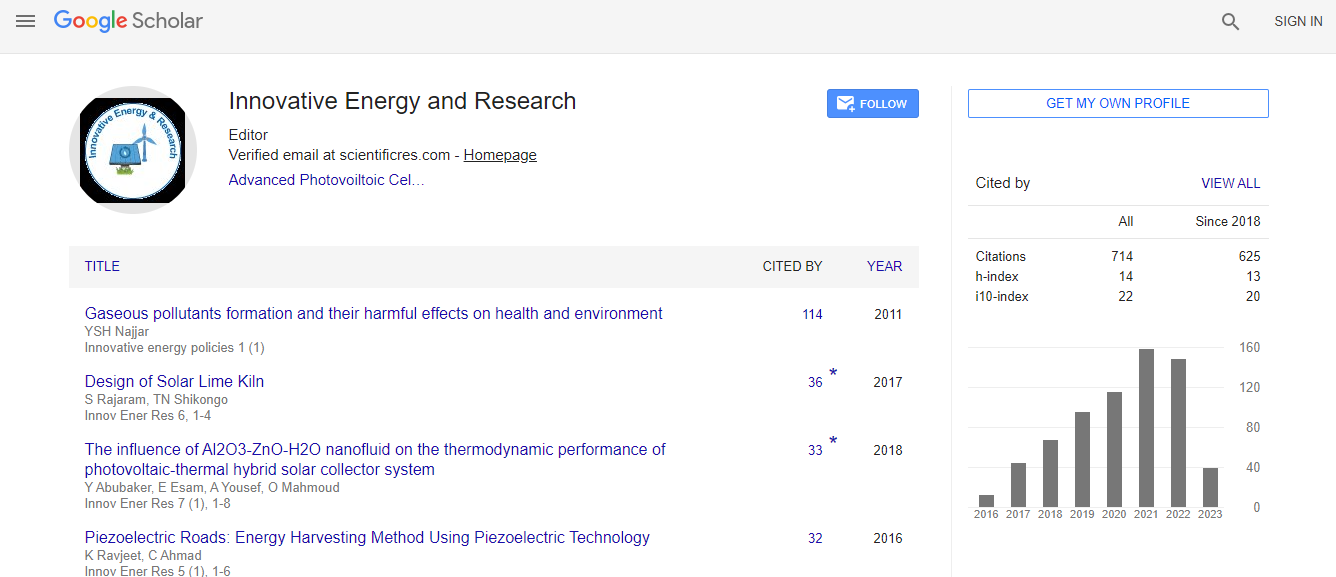Research Article
Effect of Leachate Recirculation on Landfill Methane Production in a Tropical Insular Area
Plocoste T*, Jacoby-Koaly S, Molinié J and Roussas A
Laboratoire de Recherche en Géosciences et Energies (LaRGE), Département de Physique, Faculté des Sciences Exactes et Naturelles, Université des Antilles, France
- Corresponding Author:
- Plocoste T
Laboratoire de Recherche en Géosciences et Energies (LaRGE)
Département de Physique, Faculté des Sciences Exactes et
Naturelles Université des Antilles, France
Tel: +590690766121
Fax: +590 590483105
E-mail: tplocost@univ-ag.fr
Received Date: May 30, 2016; Accepted Date: June 28, 2016; Published Date: June 30, 2016
Citation: Plocoste T, Jacoby-Koaly S, Molinié J, Roussas A (2016) Effect of Leachate Recirculation on Landfill Methane Production in a Tropical Insular Area. Innov Ener Res 5:138. doi:10.4172/ier.1000138
Copyright: © 2016 Plocoste T, et al. This is an open-access article distributed under the terms of the Creative Commons Attribution License, which permits unrestricted use, distribution, and reproduction in any medium, provided the original author and source are credited.
Abstract
Through this study are presented the results of a first test of leachate recirculation on landfill methane production in Guadeloupe archipelago (at the North of the Lesser Antilles, French West Indies, island tropical and humid climate). In French West Indies, methane produced by landfilling is commonly flared without energy recovery. In this paper, assessment is made of the potential for leachate recirculation to increase methane production for energetic purpose in a tropical area. This process could also rapidly reduce the volume of leachate to be treated. The results obtained here show that by injecting 5 m3 of leachate in several draining leachate wells, a sharp increase in the proportion of methane in biogas is observed just a few days after. The older the waste is, the more efficient this process seems to be. In some parts of the waste dome, the methane proportion is nearly doubled at the biogas wellhead. In island context, leachate recirculation could be a long-term solution to produce energy assuming that the quantity of solid waste sent to landfill remains sufficient to maintain a viable operation of the waste dome, to reduce costs of leachate treatment and to create new space for waste storage.

 Spanish
Spanish  Chinese
Chinese  Russian
Russian  German
German  French
French  Japanese
Japanese  Portuguese
Portuguese  Hindi
Hindi 
